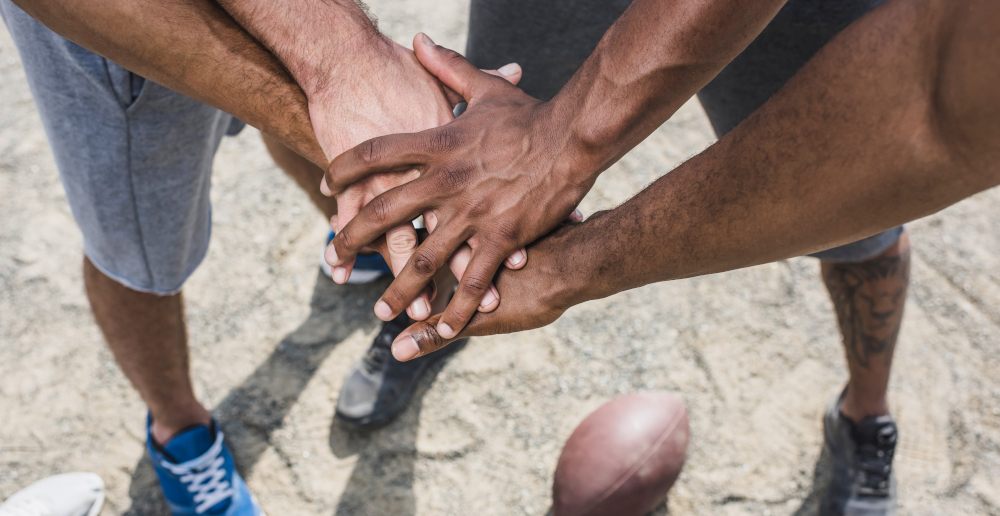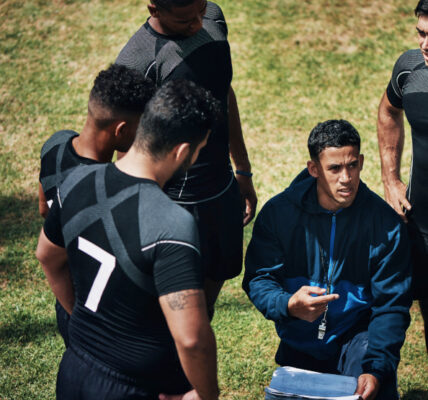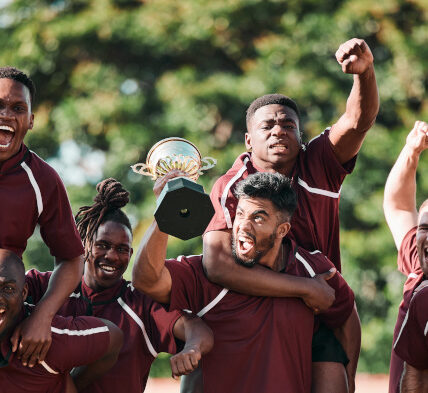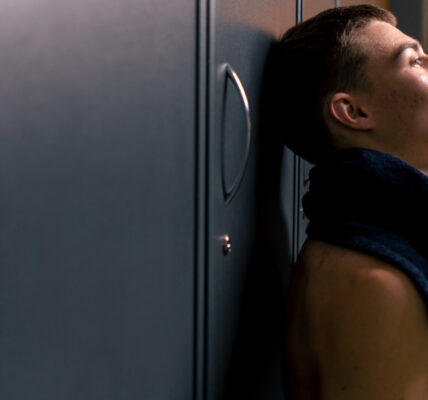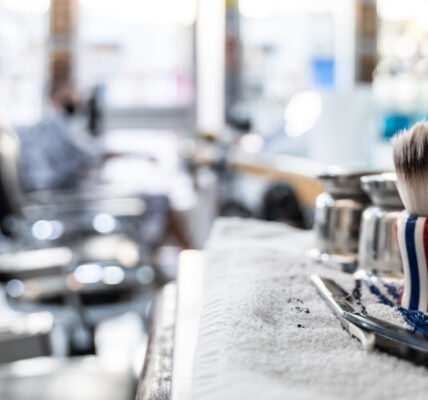Under the fading glow of late-afternoon sun, Durban’s golden dunes shift from serene to electric. It isn’t surfing hour just yet, it’s beach rugby time. “Beachside Breakdown” brings sevens rugby away from grass and into the coastal heart of KZN, where board shorts and sand shape a brand‑new ritual, and the game isn’t just played, it’s celebrated. Picture it, waves crashing nearby, palm trees swaying in the breeze, referees in flip-flops, and a rabble of spectators lounging on beach towels, whipping the atmosphere into a festival frenzy.
This isn’t a gimmick, it’s a sevens tournament folded into a holiday vibe, with all the intensity of stadium rugby yet layered with coastal charm. The roster features local crowds and regional invite teams such as the North-Coast Pirates, a scrappy bunch known for turning any pitch into their own domain. They’re joined by spice‑infused squads of rookies, ex‑schoolboys turned coaches, and viral TikTok content creators documenting every dramatic try and sand‑soaked dive. The field of play may shift underfoot, but the passion is rock solid. Every match is a showcase of athleticism, strategy, and the kind of community energy that only a place like Durban can deliver. It’s a reminder that rugby can thrive anywhere, even in a beach towel kingdom.
The tournament kicks off early Saturday, when the tide is low and the sand is firm. A row of bingo‑stand‐up water stations shelters players from heatstroke, while beach umbrellas do heroic duty against the eleventh‑hour sunshine. The first-round match heads off with a burst of speed, players charging down the makeshift field, dinosaurs of dust flying, bodies twisting around elbows in the sand. It’s the kind of game that requires not only power but sand‑specific technique, shorter strides, lower lean, custom footwork. The Pirates’ wing, party‑anthem blaring earbuds still in place, outpaces a defender and slides in for the first try, leaving the crowd roaring.
But sevens is about surprise, and the green‑jerseyed rookies shock the more experienced Sharks Beachside squad with a sweeping, barnstorming line that cuts through their defence. Unlike grass, sand changes everything. Legs get pulled in, contact is more visceral, balance is tenuous. Players adapt with wild coordination, clapping into each other’s momentum, finding low centres of gravity, and the crowd gasps each time someone crashes hard, then leaps back up, almost dancing back into the game.
Coastal Clash, Rugby with a Twist of Tide
Between matches, the atmosphere flows into beachside after‑party mode. Braais fire up along the beach, sausages sizzle, sosatie skewers turn, and boerewors grills fill the air with mouthwatering smoke. A DJ booth near the sideline spins local amapiano beats, washed in tropical rhythms full of bells and pulsing bass. It’s community rugby turned mini‑festival, with sun‑cream slathered on sweaty faces, music mixing with commentary, and impromptu dancing from rugby mums, dads, and kids.
Even the referees lean into the fun. They’ve ditched the harsh whistles and red cards for a version played with charisma. One ref, wearing fluorescent flip-flops and a straw hat, performs an accidental sand slide‐tackle during a breakdown pause. With a grin, he calls “bonus tap” and accepts hugs from both players while the crowd roars with laughter.
When the Sand Kicks Back, Adapting to the Game
The Pirates’ coach, a lanky former school rugby legend, is the heart of the event. He’s prone to stopping mid‑game to untie his sandals and tie them back on, giving his team cheeky motivational speeches in dialect and surfer slang. Before their second match, under the shade of an umbrella labelled “Kiwis United,” he says, “Look, I don’t care if they got muscles, on sand, it’s about hips. Hips open, heart open, you make the run!” The players break into laughter but nod, because most of them have felt exactly that crushing grip of sand, in the lungs and calves, that demands heart.
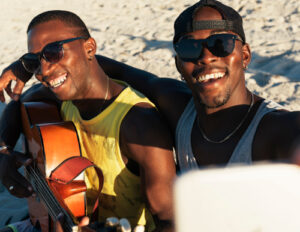 Games continue into evening, with the final match timed to capture sunset. The beach becomes a circus of shadows and bright silhouettes, the goal‑posts lit with fairy lights tucked into palm fronds. The finalists, Pirates versus rookies, battle across a field that seems on fire with colour before the night swallows it. And when the final whistle blows, there’s silence for one breath. It’s a respectful pause, like the quiet before the ocean’s next roar. Then the winner is crowne” sand grains stuck to earbuds, voice carrying wind and wave noise. He thanks his teammates, the crowd, the ref who landed a flying “birthday tackle,” and signs off with “Remember, if you think grass rugby is tough, grab some chunks of sand and chase a ball. That’s life, man. That’s the rush.” His video gets hundreds of shares within hours.
Games continue into evening, with the final match timed to capture sunset. The beach becomes a circus of shadows and bright silhouettes, the goal‑posts lit with fairy lights tucked into palm fronds. The finalists, Pirates versus rookies, battle across a field that seems on fire with colour before the night swallows it. And when the final whistle blows, there’s silence for one breath. It’s a respectful pause, like the quiet before the ocean’s next roar. Then the winner is crowne” sand grains stuck to earbuds, voice carrying wind and wave noise. He thanks his teammates, the crowd, the ref who landed a flying “birthday tackle,” and signs off with “Remember, if you think grass rugby is tough, grab some chunks of sand and chase a ball. That’s life, man. That’s the rush.” His video gets hundreds of shares within hours.
By the time the gates close, a sense of unfolding legacy hangs in the air. This isn’t just Durban’s summer sevens, it’s sculpting a tradition, sevens in sand, sevens on shore, sevens in sun and community. Organisers talk of turning it into a season‑long beach circuit up and down the coast. There’s already buzz among Coke Amatil for beach‑side cold‑drink station sponsorship, talk of branded rash‑vests in 2026; rumours someone’s bringing mermaid‑costumed cheerleaders.
Backed by camera crews gathering clips for KZN Rugby highlights, broadcast snippets will later show moments from this day, the sliding ref, the braai dancers, the eco‑warrior players, the sunset final, and that earbud‑wielding wing. The highlight reel plays like a micro‑documentary, community, sport, and place in unison.
As players and fans drift home, some under post‑game buzz, others trudging sandy feet and tired smiles, they carry a shared story in their pockets. Beachside Breakdown is more than a tournament, it’s a movement that honours rugby’s raw joy in an unforgettable setting. It’s local, loud, loving, and lane‑breaking. And it beckons, come as you are, bring your hips, your heart, your sense of wonder. Run, tackle, laugh, pick up that trash, and leave a footprint in sand that might just echo next year. Because here in Durban, sevens isn’t just played, it’s lived.
